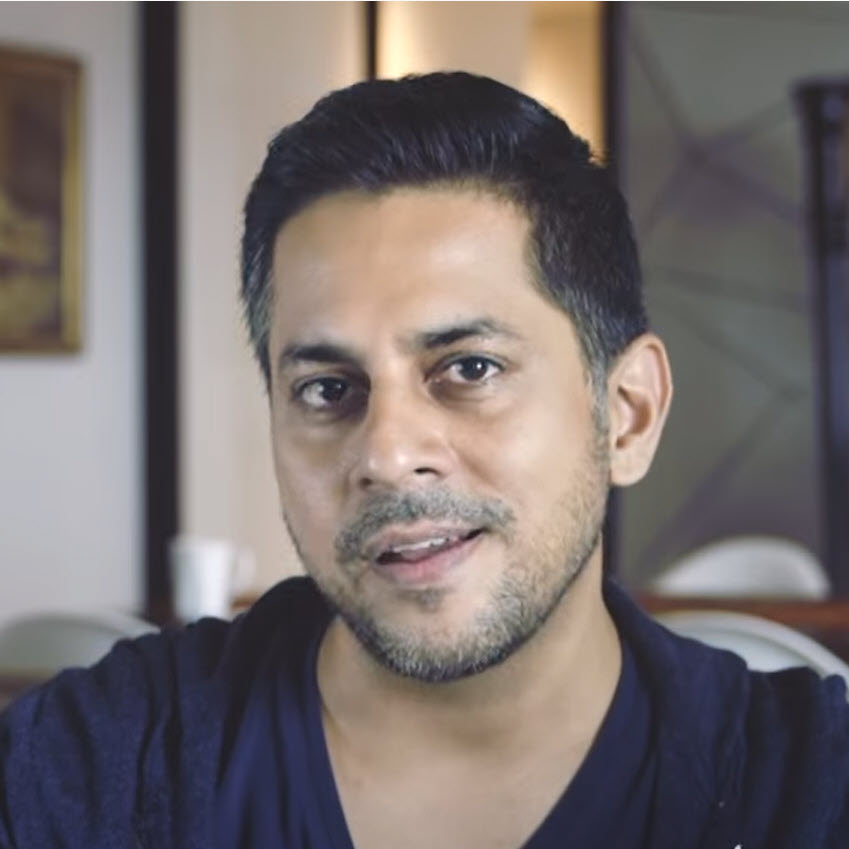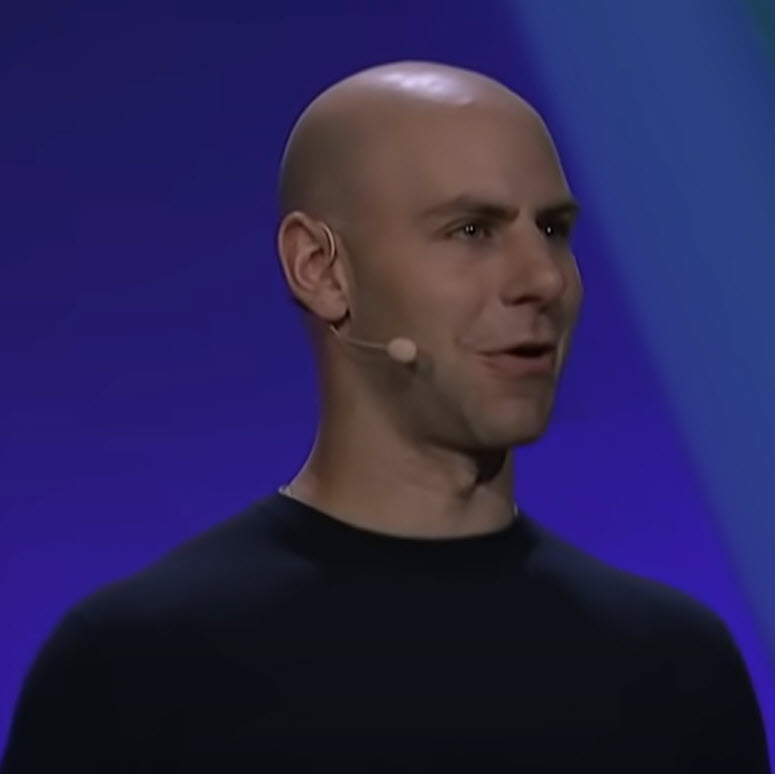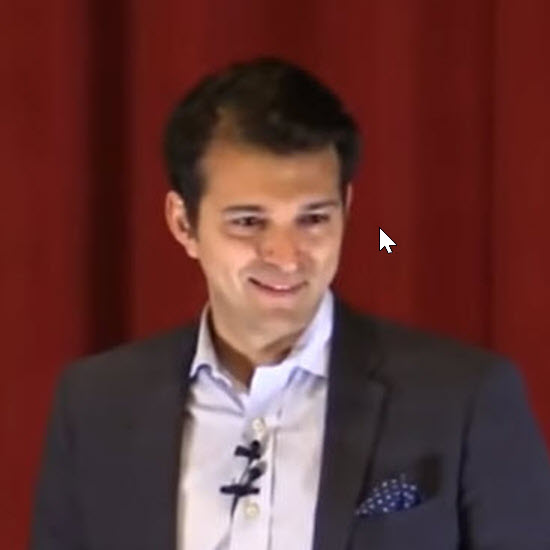When you build your network in the CC, results often come in unexpected ways.
It is pretty common for you to be completely unaware that one collaborator is recommending you to another.
In a sense, you are hands-off - uninvolved.
In other cases, a collaborator may have advocated for you to one of their trusted associates and arranged a meeting for the 2 of you to meet.
During that meeting, you begin to explain what you do. The other person stops you saying something like: “no need to explain if Geoff has recommended you; all I need to know is how soon can you start.”
Compare that with the usual sales cycle where you continually explain why you are better than the competition.
In the end, it’s about earning trust with others.
In the words of the late Zig Ziglar, “when you help enough other people to get what they want - you get what you want.”
Which attitude produces the best results: Giving or Taking?
Professor Adam Grant has researched this question in-depth in his book Give and Take, a New York Times and Wall Street Journal bestseller, translated into 30 languages.
Named one of the best books of the year by Amazon, Apple, the Financial Times, and The Wall Street Journal.
Oprah says it’s one of her most riveting reads.
This book is on Fortune’s must-read business books, Harvard Business Review’s ideas that shaped management, and the Washington Post’s books every leader should read.
For generations, we have focused on the individual drivers of success: passion, hard work, talent, and luck.
But today, success is increasingly dependent on how we interact with others.
It turns out that at work, most people operate as either takers, matchers, or givers.
Whereas takers strive to get as much as possible from others and matchers aim to trade evenly, givers are the rare breed of people who contribute to others without expecting anything in return.
Using his pioneering research as Wharton’s top-rated professor, Adam Grant shows that these styles have a surprising impact on success.
Although some givers get exploited and burn out, the rest achieve extraordinary results across a wide range of industries.
Combining cutting-edge evidence with captivating stories, Grant shows:
“As brilliant as it is wise, this is not just a book—it’s a new and shining worldview.”
“Look at the work of Adam Grant… he has the data to show that giving works.”
Many people have a taking style – erroneously believing they are givers.
Uppermost in their minds is achieving short-term gains before actually earning trust.
Professor Grant’s research shows that the only time Takers achieve greater results is in the short term (typically less than one year).
After that, the return accruing to Givers far outweigh those achieved by Takers.
Suppose you are interested in achieving your best individual results over the medium to long term. In that case, it’s worth getting your head around this concept, and we recommend reading Professor Grant’s book.
Even if your natural style leans towards impatience for short-term results, it may be worth considering how you can authentically adjust your style for far greater results in the medium to long term.
Building your network of trusted relationships does take time and patience. However, it is essential to know that a small commitment of time each day typically yields results beyond your wildest expectations over time.
As Bill Gates said:
“Most people overestimate what they can do in one year but underestimate what they can do in ten.”



Don't just manage it